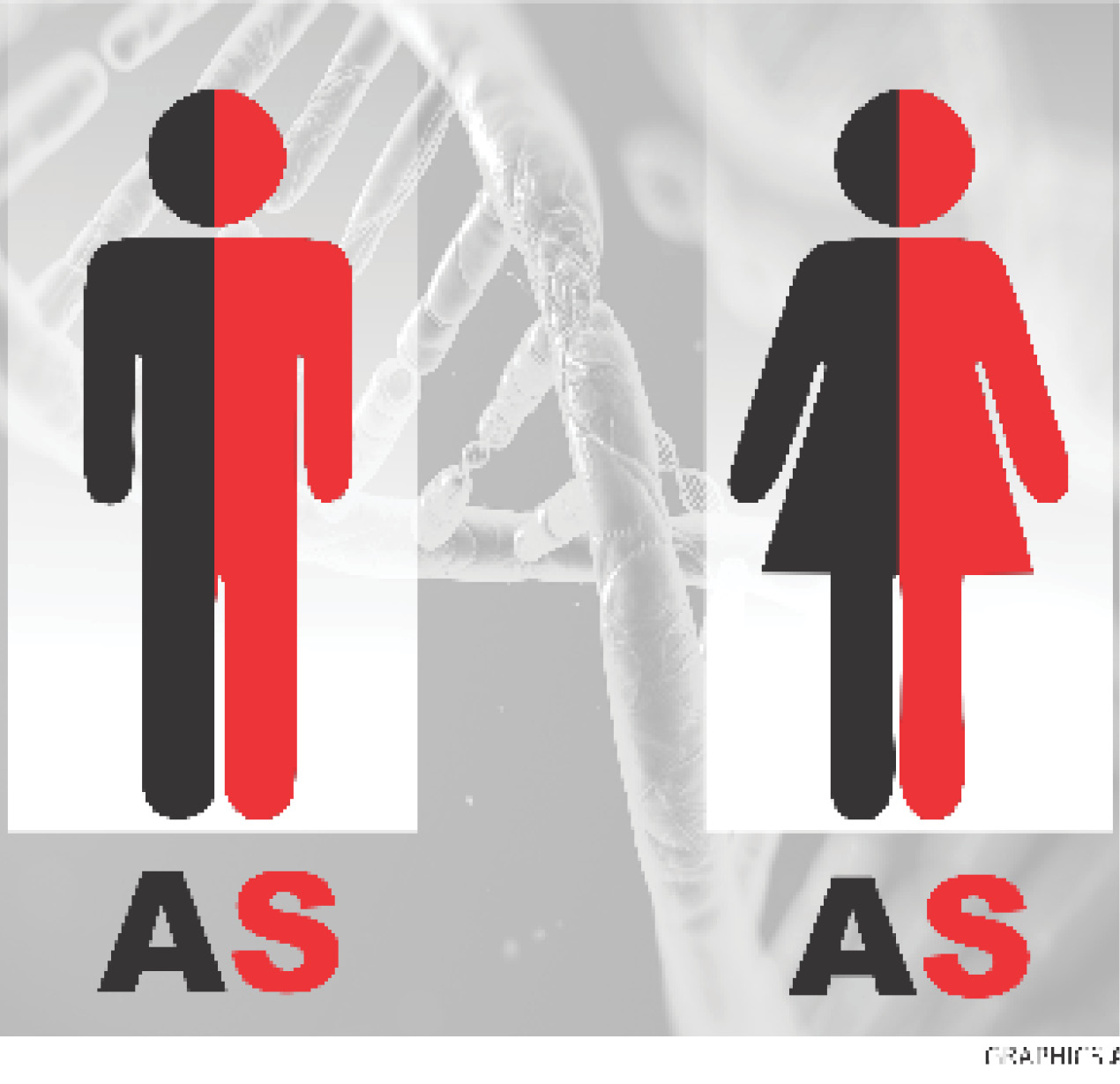Sickle cell: Why genotype tests give wrong results -Expert
There are reasons why many prospective couples who submit themselves for genotype testing before marriage end up with wrong results, a consultant hematologist at Aminu Kano Teaching Hospital (AKTH), Professor Sagir Ahmed, has said. Speaking during the celebration of the 2019 World Sickle Cell and Blood Donation Day at Bayero University Kano (BUK), he said […]

There are reasons why many prospective couples who submit themselves for genotype testing before marriage end up with wrong results, a consultant hematologist at Aminu Kano Teaching Hospital (AKTH), Professor Sagir Ahmed, has said.
Speaking during the celebration of the 2019 World Sickle Cell and Blood Donation Day at Bayero University Kano (BUK), he said many couples end up getting wrong genotype test results because they opt for the electrophoresis method of test which he said is cheaper and prone to errors.
“While the hemoglobin chromatography test is more expensive because it costs about N5,000, the electrophoresis method costs just N500 which is the reason people opt for it and there are more probabilities of making mistakes in the cheaper one,” he said.
Professor Ahmed said there were two issues concerning the increase in birth of children with sickle cell disorder despite intense sensitization.
He said: “As far as genotype testing is concerned, there are two issues: One, those who deliberately refuse to do the testing before marriage should know that they are responsible for whatever happens to their children after marriage.
“Two: There are those who submit themselves to hospital for the genotype testing but the test results were wrongly issued. Usually, this happens when the test is done using ordinary method.
“There are several methods by which genotype can be determined and the commonest method is called hemoglobin electrophoresis. On the other hand, the sophisticated method is called hemoglobin chromatography.
“I will advise individuals who are about to get married to have their genotype determined by hemoglobin chromatography genotype test and this is available at AKTH and possibly, other hospitals in Kano.”
On the management of sickle cell disease, Professor Ahmed who also lectures at the BUK Hematology Department, identified the key factors that can cause, pain, known as “crisis” in patients.
The expert said in addition to malaria and other infections, menstruation, pregnancy and psychological and mental issues can also trigger crisis.
“Many students who have Sickle Cell Disorder (SCD), have crisis especially during exams due to anxiety, fear and lack of sleep. Parents and teachers need to understand that such students need help in situations like this. This is why we urge patients to come to us for advice before exams, if not many of them end up failing and becoming dropouts which worsens their situation,” he said.
“Secondly, students with SCD should not engage in rigorous study sessions like ‘TDB’ and also ensure to take their anti-malaria drug called paludrin regularly without skipping doses. This helps them to prevent malaria from causing them frequent and severe pains.
“Thirdly, adolescent girls who experience regular crises during their menstruation should come to hospital and see us. We can give medications that can either stop the menses or allow it to continue without causing crisis.
He said another option is for them to be prescribed hydroxyurea, a new drug in the management of sickle cell disorder which suppresses crisis regardless of the cause.
“However, not any doctor can prescribe hydroxyurea due to its strict conditions. It can only be given by a hematologist who specializes in blood diseases,” Professor Ahmed advised.
